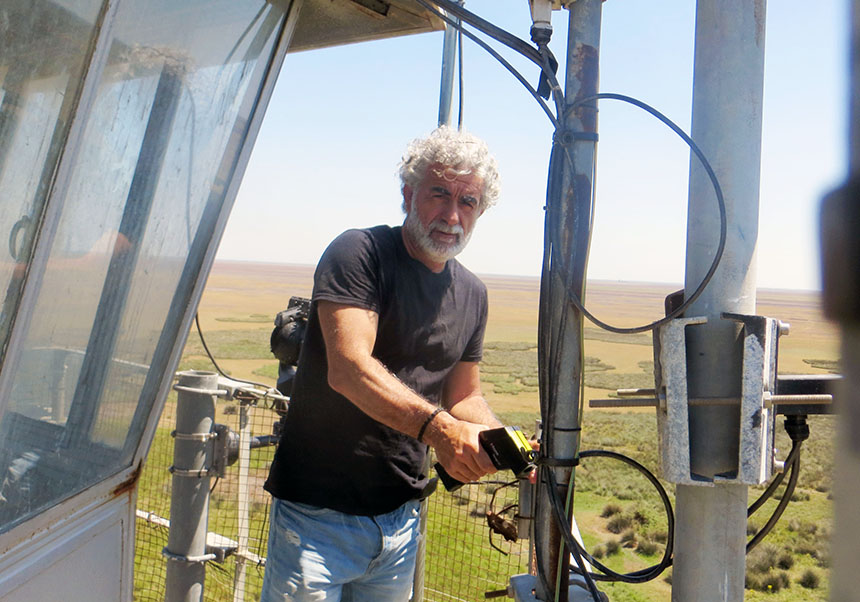The analysis of 350,000 scientific publications shows that the editorial process does not contribute to the gender gap
- Scientific Culture and Innovation Unit
- January 25th, 2021

The University of Valencia (UV) has participated in an international study that suggests that the gender gap suffered by women in the academic field is not due to the editorial process, since the results show that scientific articles of female authors can even be treated more favourably in the review process. The study, which has had the collaboration of publishing houses such as Elsevier and has been published in the journal Science Advances, has analysed some 350,000 papers out of a total of 145 journals from different research fields.
Francisco Grimaldo, deputy director of the School of Engineering (ETSE-UV), is the co-author of an international research that determines that manuscripts signed by women are treated fairly during the peer review process. This fact does not mean that women do not suffer discrimination in their careers, since the results only show that the review process does not contribute to the gender gap.
According to Grimaldo «the role of the UV has been capital for the treatment of the anonymous data of more than 2 million male and female scientists, as well as for the application of adequate statistical models for the study of this complex problem in which multiple factors such as the impact of the publication, the number of authors or the review model intervene”. The analyses show an increase of up to 5% in the acceptance of articles with women as authors, a result that is related to the works of other authors that show a greater investment of women in the preparation of the articles to avoid editorial bias and that perhaps contributes to reducing their productivity.
This is the first research on the gender gap in the peer review process using data from a large number of articles submitted to journals from all knowledge areas. Until now, this type of work has been limited to individual journals in which it is difficult to make systematic analyses. The research is supported by the main publishing houses, including Elsevier, Springer Nature and John Wiley & Sons, a fact that has allowed us to analyse the information of about 350,000 papers from 145 journals from different research fields with advanced machine learning techniques.
The next step of the research is to try to have an overview of the complex process, so that it is necessary to collect more data on different aspects such as education, access to resources, funding, or different academic specialties. In this way, it will be possible to have a global and precise vision and it will be possible to identify what are the factors that contribute to the gender gap and that damage the professional development of women in the academic world.
Peer review is the review system by experts that scientific journals use to evaluate articles before publishing them. It is the last filter to guarantee the quality and rigor of the work, and an essential mechanism in academic research.
The role of the ETSE-UV in data management
This work is part of the actions of the project “PREWAIT: Advanced information tools about peer review of scientific manuscripts” (RTI2018-095820-B-I00 MCIU / AEI / FEDER-UE), led by the University of Valencia, which defines and analyses indicators from the data generated during the article review process. The work team is made up of academic staff, publishers and scientific associations that have collaborated since 2014 in the study of the evaluation of experts [specifically, through the PEERE action of European Cooperation in Science and Technology, COST]. In 2017, a protocol was signed to share and study the data generated in the review processes in collaboration with the Royal Society and the publishing houses Elsevier, Springer Nature and Wiley.
The ETSE-UV is the one hosting a repository with this information and managing access. Based on the data analysed, a dozen articles have been published in high-impact journals such as Nature, Nature Communications, Journal of Informetrics, eLife, PLOS ONE or Scientometrics.
Article: F. Squazzoni et al., «Peer review and gender bias: A study on 145 scholarly journals». Sci Adv, 7:eabd0299, 2021.
File in: Recerca, innovació i transferència , Investigació a la UV , Escola Tècnica Superior d'Enginyeria , Difusió i comunicació científica
















